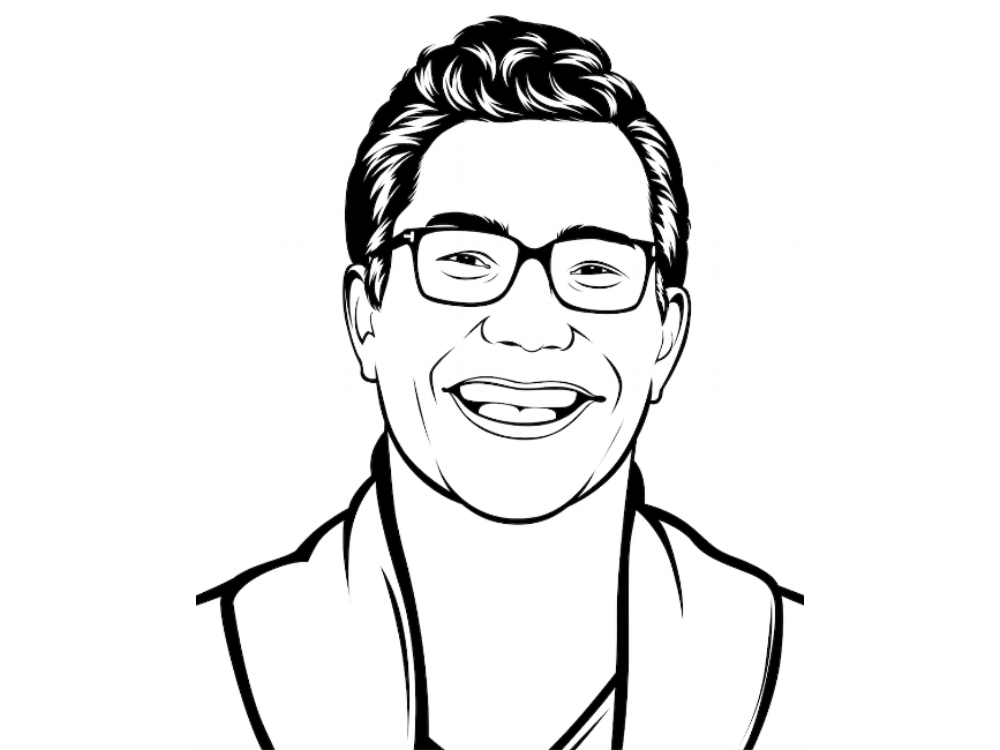Episode 023: Manuel Koser – Why the Silicon Valley VC model isn’t a Good Fit for Africa
About Manuel Koser
Manuel Koser is the co-founder of Silvertree Holdings, a South African investment firm.
You can connect with him @ManuelKoser on Twitter.
Originally from Germany, Manuel started his career as a consultant for Boston Consulting Group (BCG). During an assignment in South Africa, he fell in love with Cape Town. Looking to relocate there permanently, he left BCG and co-founded Zando, South Africa’s e-commerce fast fashion platform. After he stopped running the day-to-day operations at Zando, he helped to co-found Jumia Nigeria. In 2013, Manuel set up Silvertree Holdings, a holding company that invests and develops South African startups. Manuel was disenchanted with the large-scale, heavily capitalized, and massive valuation startup model that was epitomized by Jumia. He wanted to take a radically different approach to his investment model, adopting one that provided patient capital and resources and mentorship to startup founders.
We chatted about Manuel’s early days at Zando, his involvement with Jumia Nigeria, and why the Silicon Valley model isn’t a good fit for African startups.
Without further ado, here’s my conversation with Manuel Koser.
What We Learn from Manuel – Raise Your Prices
Manuel shares the counterintuitive advice that you should raise your prices in order to test whether customers actually love your product or service. If you’re only competing on price point, you’re vulnerable to a new market entrant who can do it better.
Manuel’s Actionable Tips
Build a product that is 10 times better than the next best alternative.
Don’t overanalyze starting a business because you’ll never end up doing it. You’ll just see risks.
Capital is not enough to sustain you. Focus on developing functional expertise and operational excellence.
Manuel’s Top Quotes
• [On what he would have done differently] “But the way the business was started, it was, “hey, we need to get to world domination quickly which means that we need to show revenue quickly, which means that we need to launch quickly, sell quickly. So your product isn’t perfectly matured. But we were probably too early on. It will probably never be perfectly matured. I think two to three extra months challenging the concept would have done wonders to the product and would have made it more capital efficient.”
• [On why he left Jumia] “Our approach was to build businesses that are definitely not as fast-growing but are a lot more capital efficient and sustainable. So if a downturn comes or this magical money bucket gets turned off and you need to live on your own earnings, you can.”
• [The Catch 22 of raising VC money as an African entrepreneur] “I also thought, ‘Yes, we raised a lot of money. Amazing.’ But actually as the dust settles and you realize what that actually means for you, it’s daunting. Because now I’m 100 meters behind the wave and I need to catch it. Money comes with strings attached. Now I have a valuation that is huge. Markets will come back to equilibrium. You look at what does a retailer trade at in the public markets in Africa? 0.5-1 x revenue. I trade at 5,6,7 x revenue. I’m loss-making. They’re profitable. Maybe I’m more capital efficient at scale but I’m not at scale yet.”
Manuel’s Links/Resources
Dream Big: the Story of 3G Capital by Cristiane Correa
Manuel’s Mentions
Zalando
Robert Gentz
Rocket Internet Group
Zando
Jumia
Key Timestamps
Catching the travel bug early on [3:00]
His first trip to South Africa [6:10]
The beginnings of Zando [13:30]
Shift towards Silvertree [17:50]
His new investment model [20:14]
Jumia Nigeria [22:43]
The risk of the Jumia model [25:42]
When the Silicon Valley approach makes sense [27:16]
The limitations of VC in emerging markets [32:01]
Creating an ecosystem [41:05]
Where he’d travel to improve his business [51:07]
Recommended books [53:39]
Advice for aspiring entrepreneurs [54:52]
